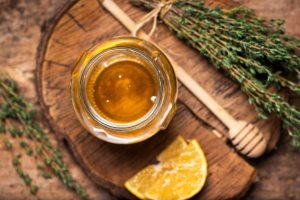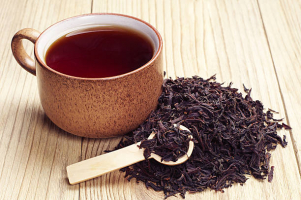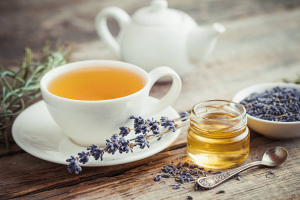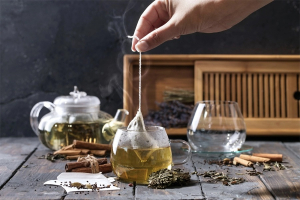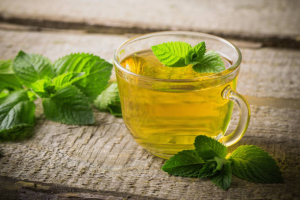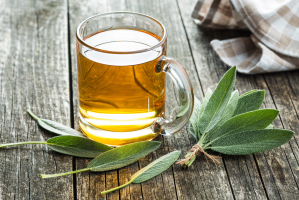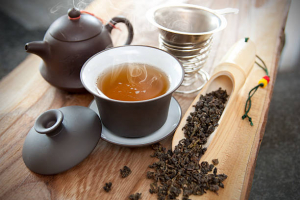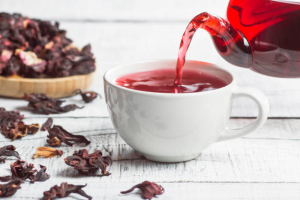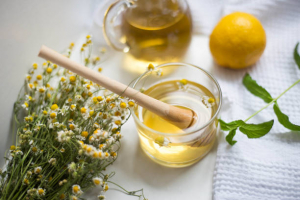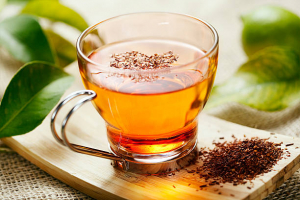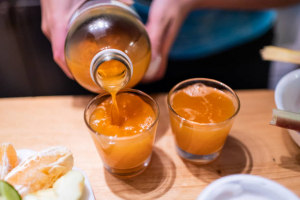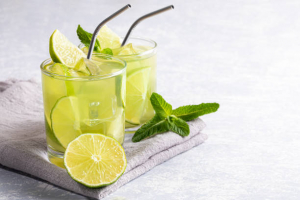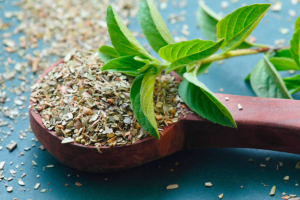Top 7 Health Benefits of Sage Tea
Sage tea is a fragrant infusion produced from the leaves of common sage, a plant related to mint. Sage, which is commonly used as a spice, has a long history ... read more...of usage in alternative and traditional medicine. Notably, its tea contains potential health advantages, while a scientific study on this beverage is still in its early stages. Here are the best sage tea health benefits.
-
Sage tea includes a wide range of potent plant components. Its antioxidants, in particular, act to neutralize dangerous molecules known as free radicals. When they build up in your body, they can cause chronic conditions such as type 2 diabetes and certain malignancies. Sage tea has a high concentration of rosmarinic acid. This antioxidant has been demonstrated in animal and test-tube tests to give several advantages, including reduced inflammation and blood sugar levels.
While inflammation is a normal biological reaction, it can raise your risk of sickness. Sage also has a good quantity of vitamin K, which is necessary for bone health, circulation, and normal blood coagulation. Furthermore, this tea contains a number of additional health-promoting chemicals, such as carnosol and camphor. Sage extract dramatically boosted the amounts of anti-inflammatory molecules in the blood while decreasing the levels of inflammatory compounds in rat research.
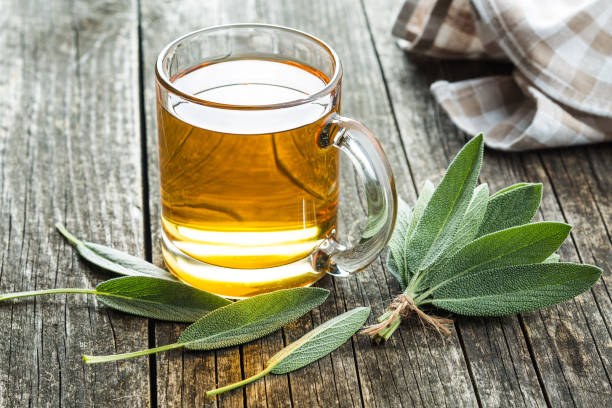
Rich in anti-inflammatory and antioxidant compounds 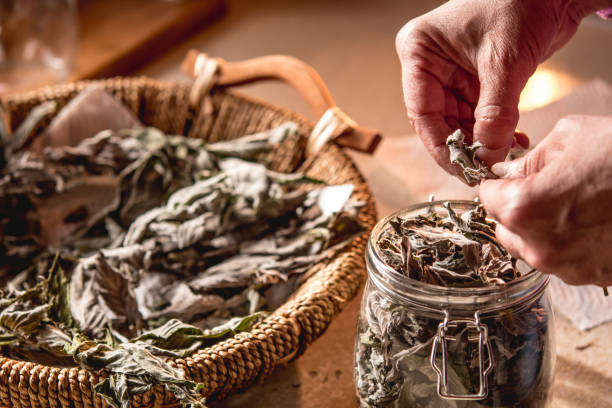
Rich in anti-inflammatory and antioxidant compounds -
Sage is a popular element in cosmetics used topically as a natural skin care solution. It's likely that drinking its tea has some of the same advantages. Camphor, one of the sage's major components, was found to promote healthy skin-cell proliferation, inhibit indications of aging, and reduce wrinkle formation in test-tube research on mouse skin cells. Furthermore, animal research linked this herb's carnosol and carnosic acid to the treatment of sun-related skin damage and other inflammatory skin diseases.
Other animal experiments demonstrate that sage extract aids in the treatment of cold sores and hastens wound healing. Furthermore, test-tube studies have shown that its extract kills some dangerous bacteria and fungus that might affect your skin.

May promote healthy skin and wound healing 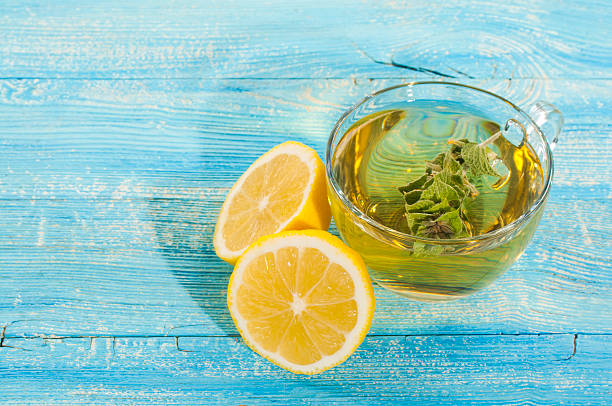
May promote healthy skin and wound healing -
Sage is a common plant in dentistry because it relieves pain, inflammation, and foul breath, as well as has antibacterial and wound-healing characteristics. Gargling sage tea is frequently advised as a treatment for mouth sores and sore throats. The potent antioxidant rosmarinic acid is typically credited with these oral advantages. Sage is also used in several types of mouthwash due to its antibacterial and anti-inflammatory properties.
In a 2015 study that divided 70 girls aged 11-14 years into two groups, one using sage mouthwash and the other a placebo, researchers discovered that using sage mouthwash for 21 days dramatically decreased the colony count of Streptococcus mutans in dental plaque. In fact, after three weeks of usage, the count in the test group dropped from 3900 per sample (at baseline) to 300. It has been hypothesized that the medicinal actions of sage leaves include antibacterial and antifungal qualities, which explains its effect on improving some indices of dental health.
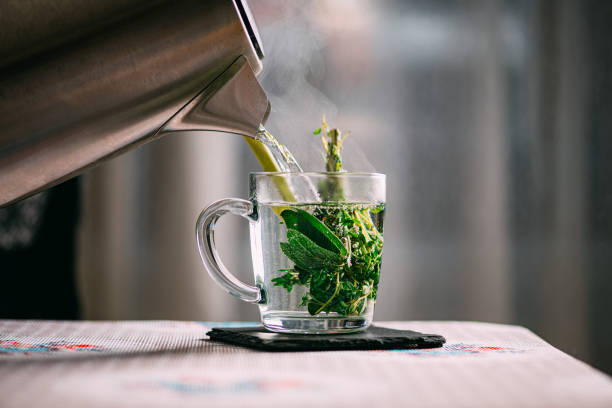
Promote oral health 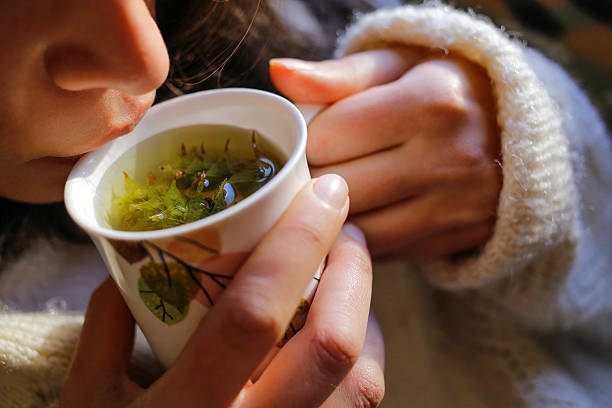
Promotes oral health -
There is some evidence that sage tea may aid in the battle against cancer cells. Carnosol, camphor, and rosmarinic acid are among the anticancer chemicals found in them. Animal and test-tube studies, for instance, show that carnosol can destroy numerous types of cancer cells while leaving healthy cells alone. Sage and chamomile teas were related to a lower incidence of thyroid cancer in a study of over 500 persons. Meanwhile, sage tea helped prevent genetic alterations that promote colon cancer cell growth in a test-tube trial.
Sage, which is commonly used in alternative blood sugar treatments, may help improve blood sugar levels and help prevent or cure type 2 diabetes. A 2-month trial of 105 persons with type 2 diabetes discovered that taking 500 mg of the sage extract three times per day decreased fasting blood sugar, post-meal blood sugar, and hemoglobin A1c — a measure of average blood sugar levels over the previous three months. Meanwhile, mouse research discovered that substituting sage tea for water lowered fasting blood sugar levels. Furthermore, test-tube research found that sage functions similarly to insulin — a hormone that helps maintain blood sugar levels — by transporting sugar from the blood into cells for storage, reducing levels of this marker.

May have anticancer properties and improve blood sugar control 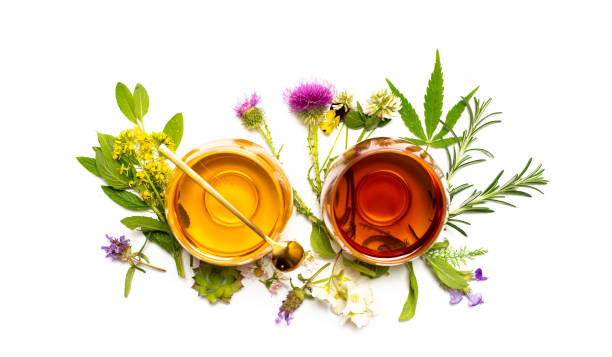
May have anticancer properties and improve blood sugar control -
Sage is frequently used in alternative medicine to enhance mood, and memory, and to help prevent brain illnesses such as Alzheimer's. Many of these applications are supported by scientific studies. Alzheimer's disease advances owing to the formation of amyloid plaques in the brain. Several animal and test-tube studies suggest that sage and rosmarinic acid may help prevent the development of these plaques.
Furthermore, several human studies show that sage extracts boost memory, brain function, mood, and attention. In one research of 135 individuals, merely smelling the perfume of this plant improved memory and mood when compared to a control group. Sage may also help with pain relief, although a further study on its effects on the brain and neurological system is needed.
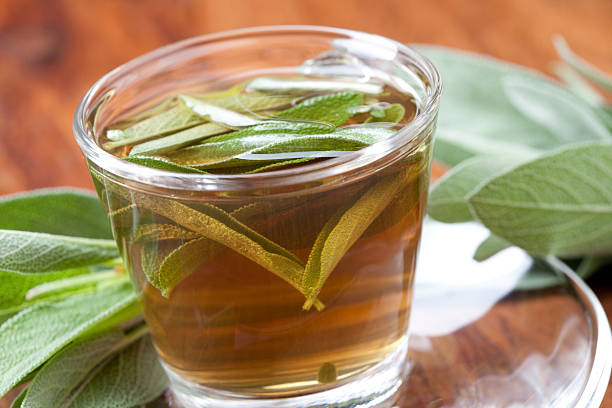
May promote brain health and improve mood 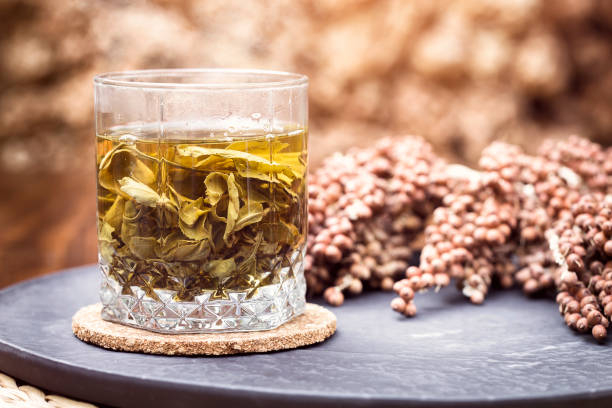
May promote brain health and improve mood -
Sage may possibly have some special advantages for ladies. Pregnant women in the Middle East regularly use sage to relieve digestive issues such as nausea, which is a typical concern early in pregnancy. Sage has traditionally been used as a natural technique to lower breastmilk production in women who are weaning or have an overabundance. However, there is little evidence to back up any of these types of use.
Nonetheless, studies show that sage can help minimize heat flashes. A study of 71 menopausal women over an 8-week period discovered that taking a daily pill containing fresh sage decreased the severity and frequency of hot flashes by 64%. Sage is sometimes used to treat nausea in pregnant women and reduce breastmilk production in women who are weaning or have an overabundant supply, but scant research supports these uses. It may reduce hot flashes in menopausal women.
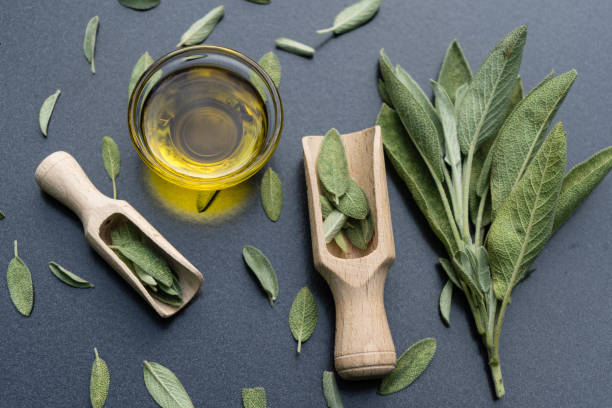
May support women’s health 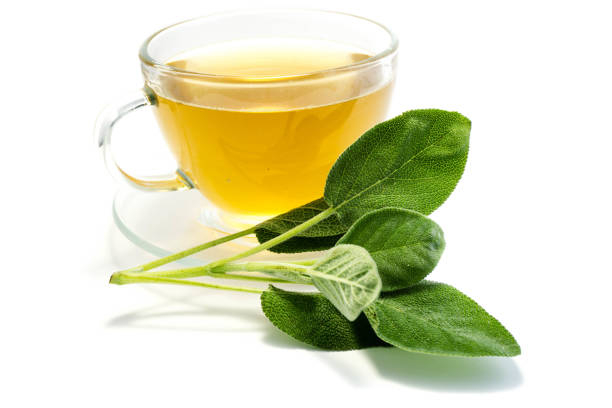
May support women’s health -
According to some studies, sage may help reduce cholesterol and triglyceride levels, thereby lowering your risk of heart disease. Drinking 10 ounces (300 ml) of sage tea twice daily resulted in 16% lower total cholesterol, 20% lower LDL (bad) cholesterol, and 38% higher HDL (good) cholesterol in a short 4-week trial of 6 women.
A 2-month trial of 105 persons with type 2 diabetes who were using cholesterol-lowering medicines discovered that those who took 500 mg of the sage extract three times per day had lower levels of triglycerides and all cholesterol indicators than those in the control group.
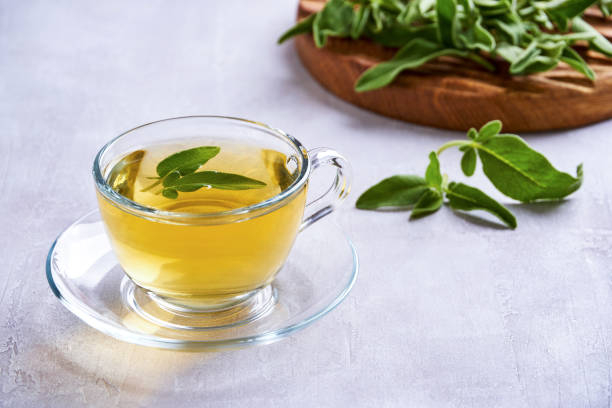
May boost heart health 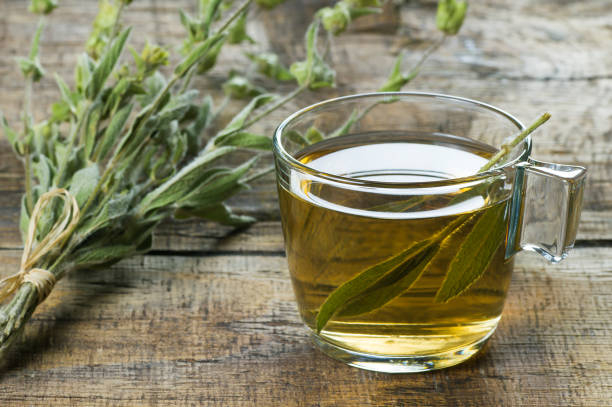
May boost heart health









